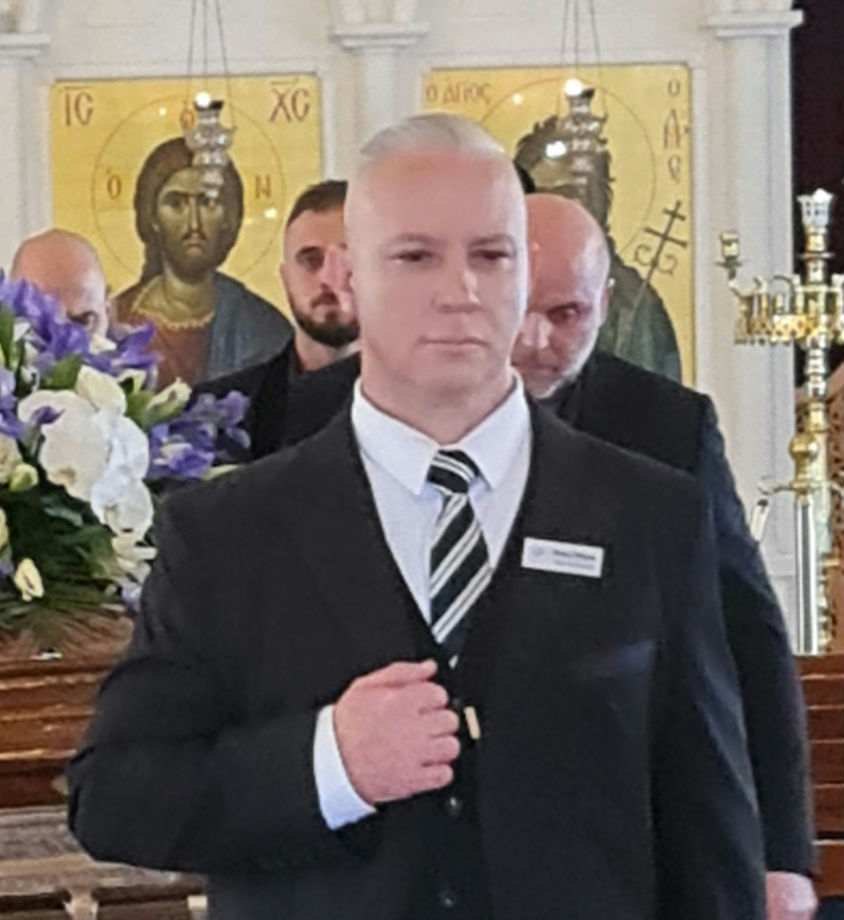Decluttering: A Compassionate Act for Ourselves and Our Loved Ones
- Bruce Missen
- Jun 14, 2025
- 3 min read
As I look around my home these days, I realise just how much we collect over a lifetime—not just memories, but actual things. Shelves lined with keepsakes, drawers stuffed with old papers, and closets packed with clothes that haven’t seen the light of day in years. It’s easy to let it all pile up, especially when life gets busy. But lately, I’ve been thinking about what it means to declutter, not just for the sake of tidiness, but as a thoughtful gesture for myself and for those who might someday have to sort through it all.
Why Bother Decluttering?

The truth is, none of us will take our possessions with us when we go. What’s left behind will become someone else’s responsibility—our children, friends, or even strangers. And sorting through a lifetime’s worth of stuff can be overwhelming, especially for those already dealing with grief. By starting to declutter now, I’m not only making my own life simpler, but I’m also giving a real gift to my loved ones.
But it’s not just about making things easier for others. There’s something deeply freeing about letting go of what I no longer need. It’s a chance to reflect on what truly matters to me, to honour my past, and to make room for what’s ahead. It’s a quiet way to make peace with my journey and to feel a little more in control.
The Swedish Way: Mindful Letting Go
I recently learned about a beautiful tradition from Sweden called döstädning—Swedish Death Cleaning. It’s not as morbid as it sounds. The idea, popularised by Margareta Magnusson, is to start decluttering intentionally as you get older, usually in your midlife. The process is slow, thoughtful, and mindful. You start with the easy stuff—old clothes, unused gadgets—and save the sentimental items for when you’re ready. The goal is to leave behind a home that’s easy to manage and a legacy that’s meaningful, not a mountain of clutter for others to sort through.

Start small.
The thought of decluttering a whole house can feel overwhelming, especially if energy or time is limited. But I’ve learned that starting small makes a big difference. Here’s how I’ve approached it:
1. Start with a goal: I ask myself what I want to achieve. Maybe it’s making sure my family isn’t overwhelmed, or maybe it’s about leaving behind only what truly reflects my values.
2. Break it up: I focus on what’s most important—important documents, sentimental items, and then the everyday clutter.
3. Set up four boxes: I use a simple system: keep, gift, donate, or discard. For things I keep, I ask myself: Does this serve a purpose or you might ask if it brings you joy? For things to gift, I think about who might appreciate them. Donating feels good, knowing my things will help others. Discarding is hard, but sometimes it’s necessary.
4. Reach out: I don’t have to do it alone. A friend or family member can offer support, both physically and emotionally.
The Emotional Side of Decluttering
Decluttering isn’t just about stuff—it’s about stories. That old mug, those letters, the photo albums—they all carry memories. It’s okay to feel emotional as you go through them. Sometimes an item might make you pause, remember, laugh, or even cry. This process is as much about honouring your life as it is about letting go. I’ve learned that it’s okay to hold onto a few treasures, but I don’t need to keep everything. A photo of a special object can keep the memory alive without the clutter.
A gift
I imagine how relieved my loved ones will be to walk into a home that’s been thoughtfully decluttered. Instead of sorting through piles of things, they can focus on grieving, remembering, and healing. By decluttering, I’m not erasing my life—I’m curating it. I’m choosing what story I leave behind.
And for myself, there’s a quiet power in simplicity. A less cluttered space feels calmer, more peaceful. It gives me room to reflect, connect, and simply rest.
Practical Tips
Make a mark: I mark boxes or files clearly so nothing gets lost or thrown away by mistake.
Share: I share my wishes with my family, letting them know where to find important things and why I’ve made certain choices.
Digitise: I scan old photos and documents to save space and preserve memories.
Start Small: Even one drawer or shelf is progress. Small steps add up.

Decluttering as you get older isn’t about erasing who you are. It’s about refining what you are leaving behind. It’s a way to say, “This is some important things in my life,” and to do so with kindness and clarity. In the end, it’s not the things you keep that define you, but the love, the stories, and the space you create for yourself and for those you love.








Comments